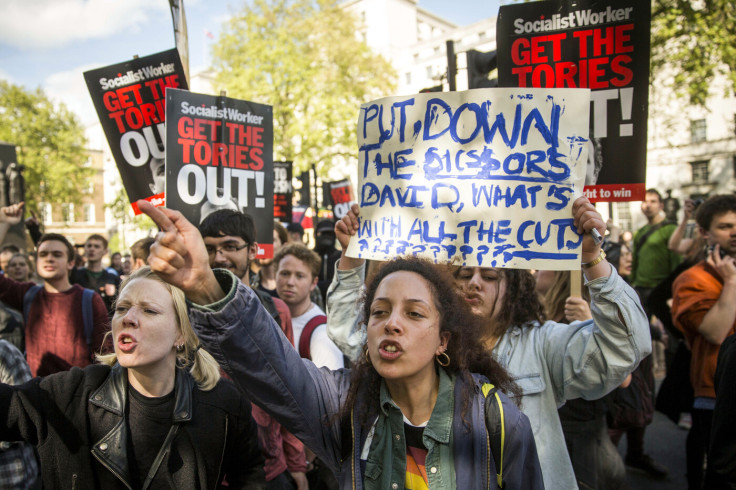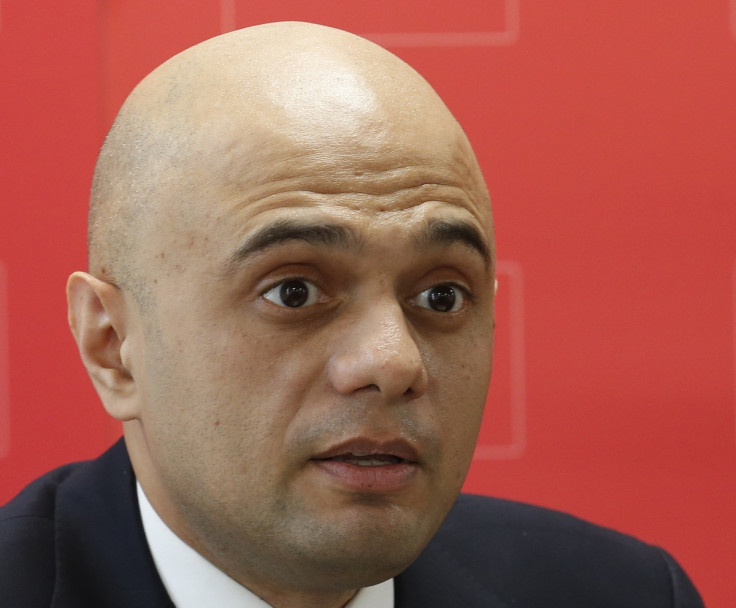New Business Secretary Sajid Javid to introduce significant changes to strike law

Newly appointed Business Secretary Sajid Javid has not let the grass grow under his feet, and has announced that there will be "significant changes" to strike laws under the new Tory government.
A strike affecting essential public services will need the backing of 40% of eligible union members under government plans, he said. At present, a strike is legal if is supported by a majority of those balloted.
Britain's unions are already gearing up for a fight, countering that the proposal "will make legal strikes close to impossible".
The government's proposals on union ballots will make legal strikes close to impossible. Union negotiators will be left with no more power than Oliver Twist when he asked for more.
Javid told the BBC's Today programme: "We've already made clear, in terms of strike laws, that there will be some significant changes... it will be a priority of ours.
"We need to update our strike laws. We've never hidden away the changes we want to make. I think it's essential to make these changes."
Any strike affecting public services, such as health, transport, fire services or schools will need to be backed by 40% of eligible union members. There will also need to be a minimum 50% turnout in strike ballots.
The government will also lift restrictions on the use of agency staff to replace striking workers, he said.

The changes to the law are to be announced in the Queen's Speech, he added, which will take place later this month.
"The changes that we want to make to strike laws are... proportionate, they're sensible. If you look at other countries and what they've done they're not too dissimilar," he said.
"What people are fed up of is strike action that hasn't been properly supported by the members of the relevant union.
"We've seen, including in the last five years, strike action that took place where perhaps only 10% to 15% of the members of that profession actually voted for it, and that's not right, it's unfair, especially when it comes to essential public services.
"Think of the impact it has - transport, health services - on ordinary people, going about their daily jobs - they should be in people's minds."
He said the alterations to the law would make it harder for people to go on strike.
"By increasing the thresholds it will certainly increase the hurdles that need to be crossed, but that's the right thing to do, it's the fair thing to do."
The Trades Union Congress said the changes to the law would favour the UK's "worst bosses".
"This is a government not so much on the side of hard working people, but Britain's worst bosses - those who want their staff to be on zero-hours contracts, poverty pay and unable to effectively organise in a union so that they can do something about it," said TUC general secretary Frances O'Grady.
"The government's proposals on union ballots will make legal strikes close to impossible. Union negotiators will be left with no more power than Oliver Twist when he asked for more.
"After five years of falling living standards, the prospects for decent pay rises have just got a whole lot worse."
© Copyright IBTimes 2025. All rights reserved.





















